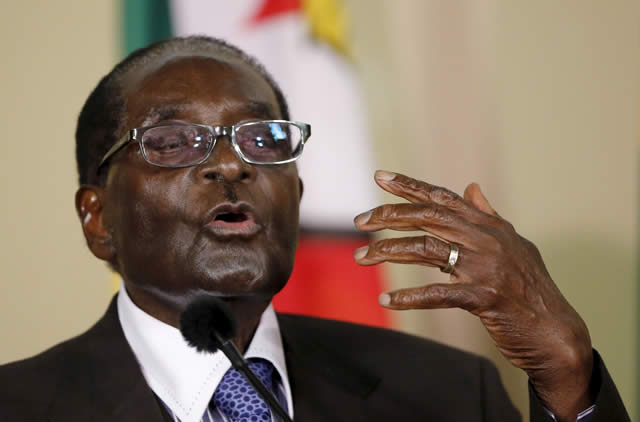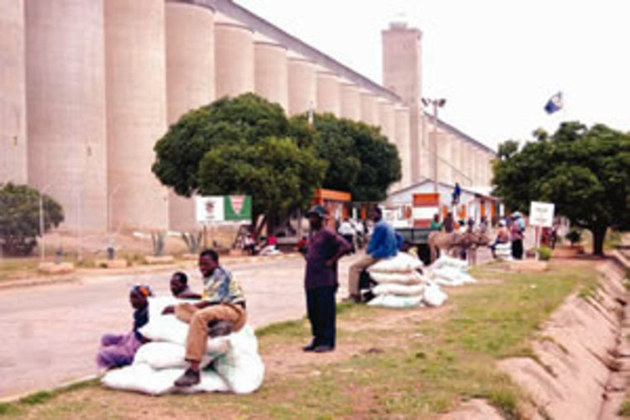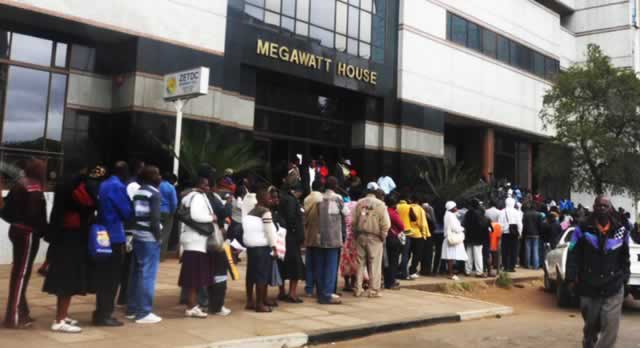EDITORIAL COMMENT: Anti-graft fight must indeed be holistic

Government’s 10-point plan for economic growth announced by President Mugabe during his State of the Nation Address to Parliament last week has become a major talking point in private and public discourses, predictably, with the largely now fringe political opposition describing the event as useless.
Leaving aside those seeking to shore up waning political relevance by taking some cheap pot-shots at President Mugabe, it is important to note that the first three points in the plan constitute the pillars of the economy: agriculture, beneficiation and value-addition and economic enablers in the form of water, energy, transport and ICTs.
Another very important matter fetches up as point number 9: pursuing the anti-corruption thrust. That doesn’t, however, reflect the order of its weighting in the President’s scale of priorities or importance. To us it is more about its “invisibility” versus the practical nature of the first three, but it is just as important if not the most fundamental.
This was reflected in the President’s address to the Southern African Chief Justices’ Forum in Victoria Falls on Friday. The President was hard hitting in his speech against judicial corruption which he said undermined confidence in the judiciary.
“If we all accept the depiction of justice as blind or blindfolded, then why do some judges appear to see and recognise the status, title and money that the litigants who appear before them have?” asked the President as he made a passionate appeal to the 13 chief justices from the region “to take charge and play a leading role in eradicating corruption . . .”
He observed again: “The three pillars of the State are based on the premise that the judiciary is independent not only of the executive and the legislature, but of all unlawful extraneous influences, including bribery.” One of the key issues to emerge from the President’s comments is that there are no sacred cows. The judiciary itself is not clean and sometimes makes judgments in favour of certain interests — the rich or politicians.
But most disturbing is the fact that in such situations, justice ceases to be blind, that is, completely neutral and fair to everyone. That erodes the public’s confidence, a very expensive commodity to purchase once it is lost. There is also another important dimension; the President’s attack on corruption in the Judiciary harks back to the effective implementation of the first three points of the State of the Nation Address.
The scourge of corruption has blighted implementation of most Government programmes, not least, its economic development blueprint, Zim-Asset. There are people who corruptly appropriate resources, including seed and farming implements, there are senior Government officials clinging on to farms they can’t fully utilise, there are others who have resisted, even in principle, the drive for beneficiation and value-addition and black economic empowerment.
Still more, there has been a lot of corruption in the tendering process for major infrastructural projects such as energy, transport and water, which should be the wheels of economic development and growth.
President Mugabe’s message against corruption should be read as a seamless script in the 10-point plan. Without a clean and committed Judiciary, it would be difficult to fight corruption in other sectors of the economy. A tainted Judiciary easily lends itself to political manipulation and easy purchase by criminals who have money.
Thus for the fight against corruption to make an impact, it must begin with those who administer justice. Nothing could be plainer than that. Zimbabwe can never achieve its full development potential when Government policies are sabotaged by officials in pursuit of political ends who are then let to go scot free because they can use money to tilt the scales of justice in their own favour.











Comments